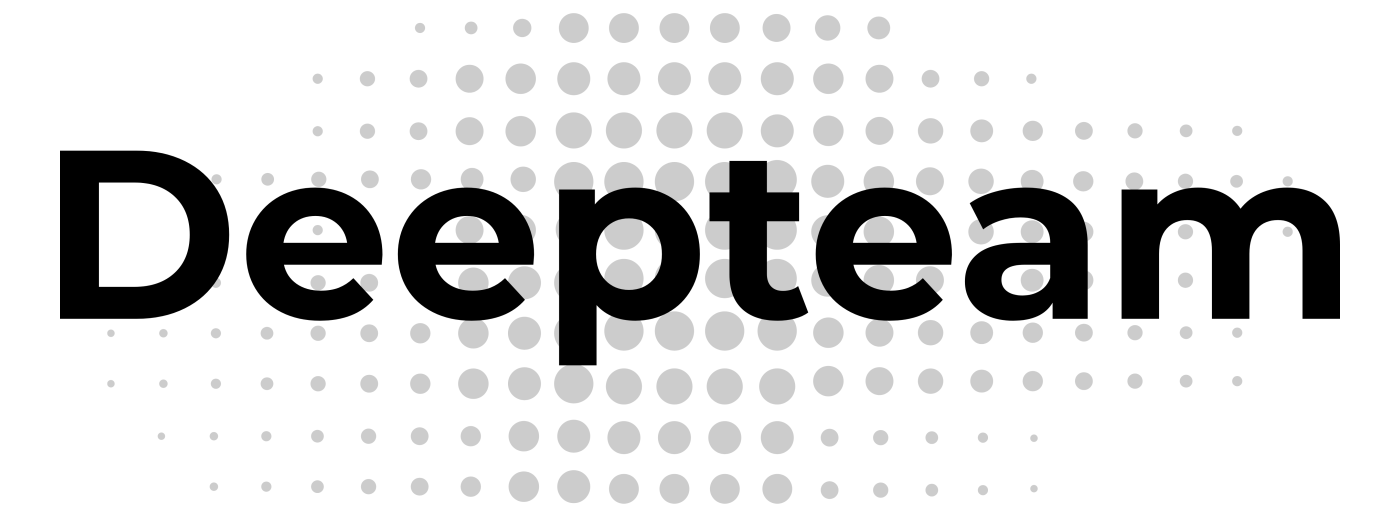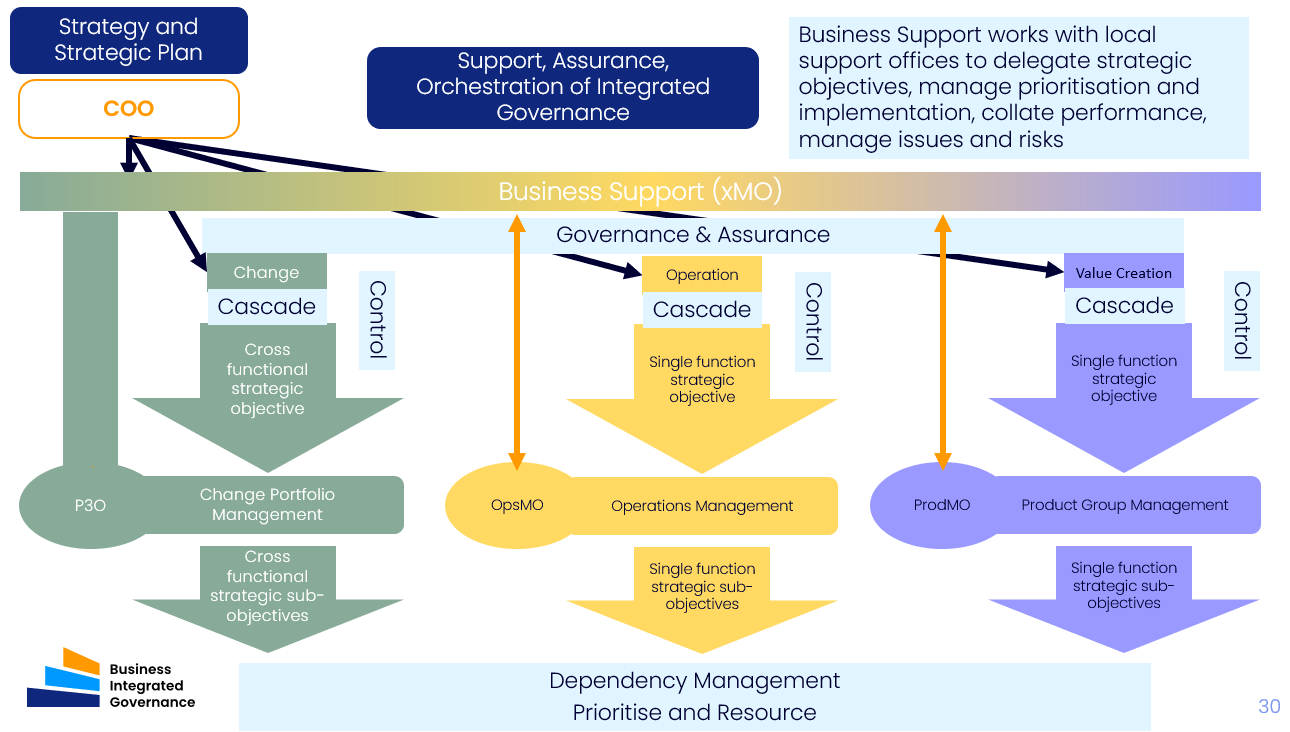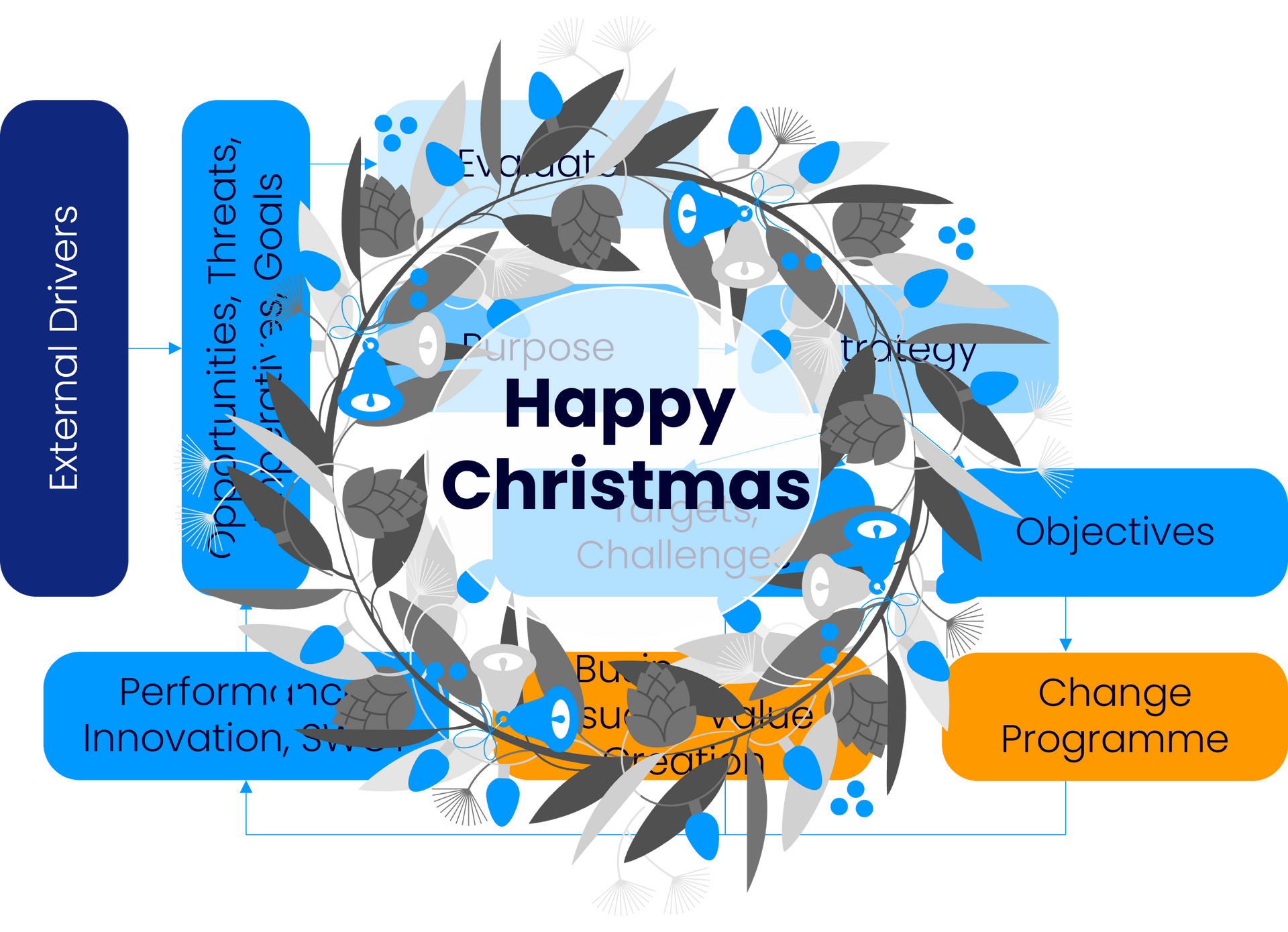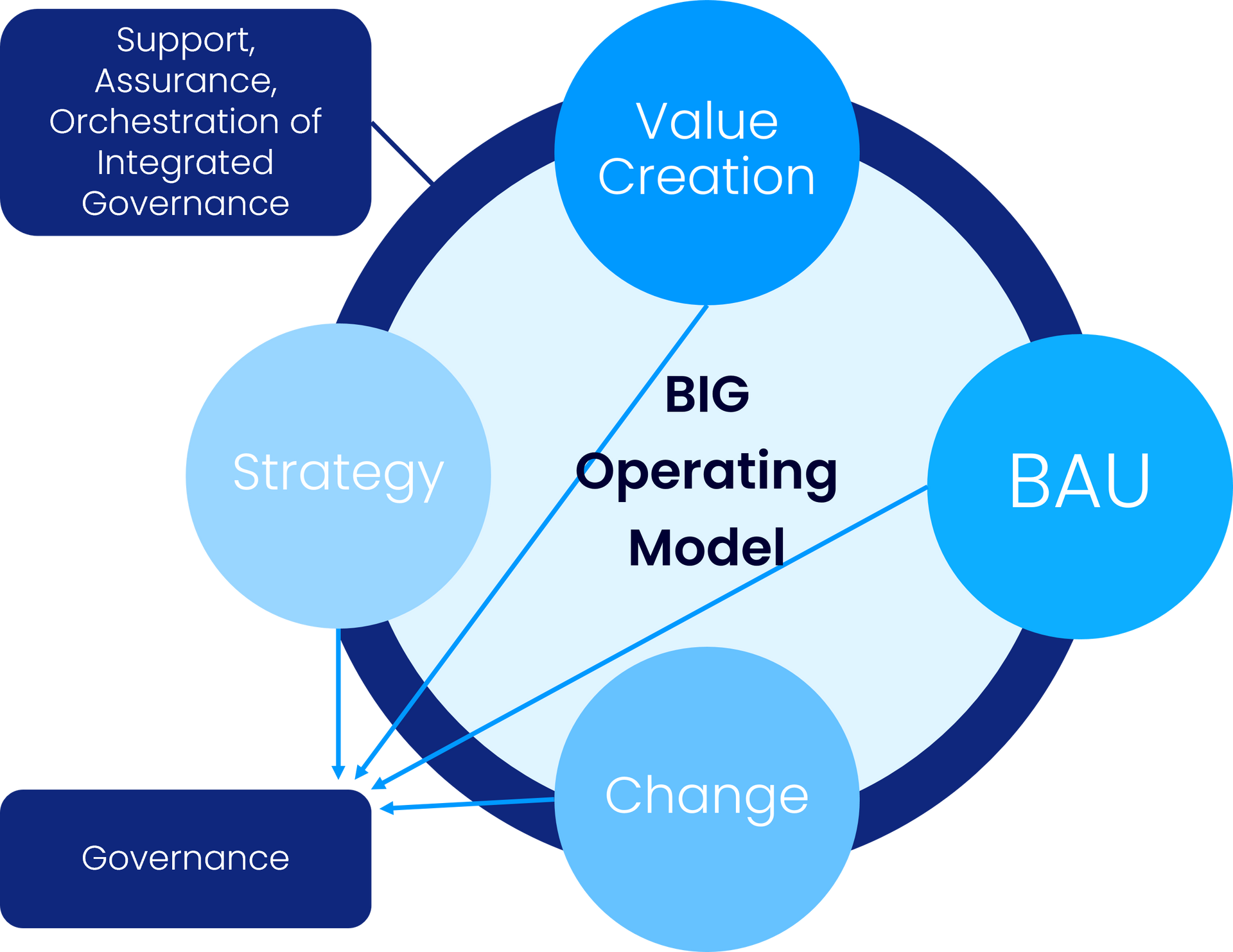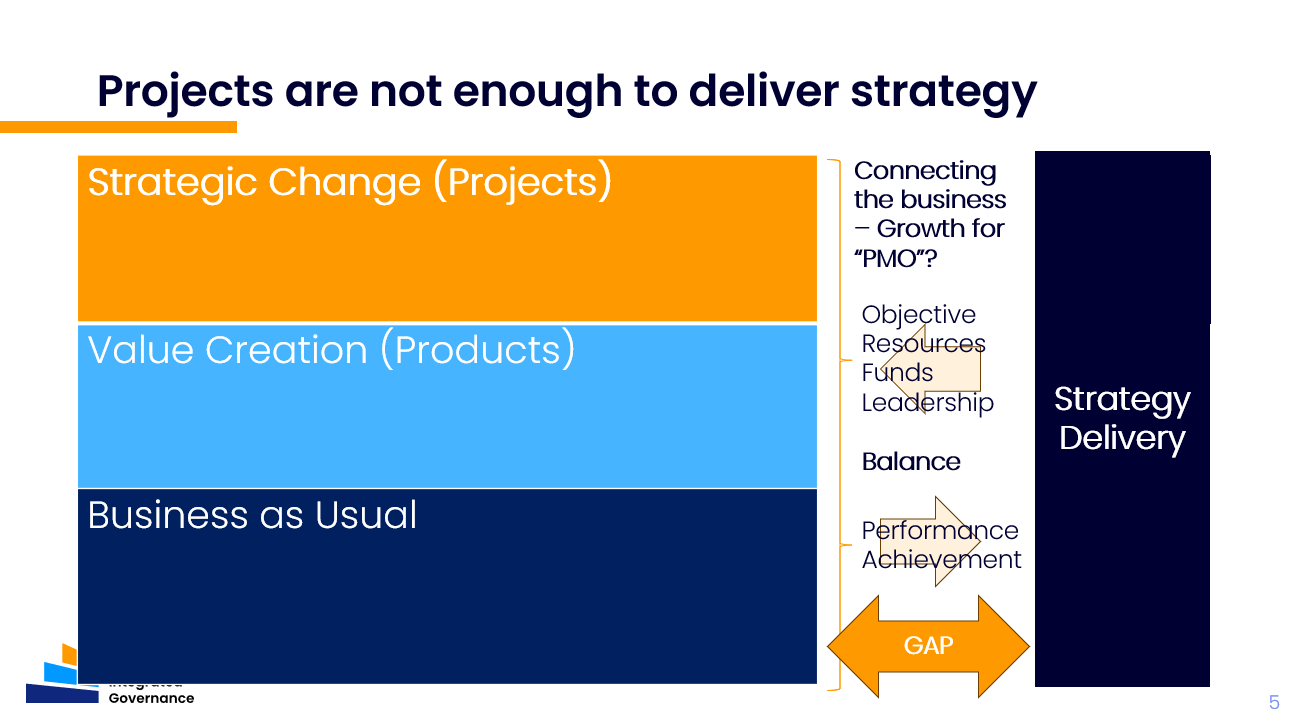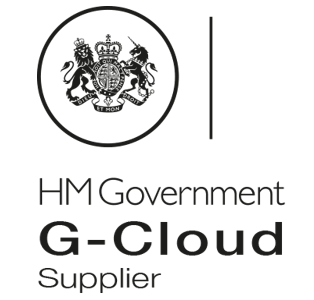Bookable Event:
Purpose Driven Organisations & Corporate Strategy -
A Corporate Level Perspective

On 22 May 2024, Linde Grebe of the Good Governance Academy hosted the first in a series of events about the implication of being "Purpose Driven",
We were joined (led!) by Victoria Hurth who is the technical author of the British Standard in Purpose Driven Organisations:
Background Reading here: PAS 808 - please also see “Quality Governance …will fix an un-sustainable world”
We were also joined by David Dunning - lead author on Business Integrated Governance (BIG CIC, Deepteam and CPS):
Background reading: BIG Concept 1 - Strategy Information Model (data and documents)
In summary - the event discussed the concept, principles and challenges of becoming a purpose driven organisation.
- The problem of profit maximisation: Dr. Hurth argues that the root cause of unsustainability is the assumption that profit maximisation is the best way to achieve well-being for all. She says that this leads to ignoring the social and environmental costs of business activities, and treating financial income as a proxy for well-being outcomes.
- The role of governance in aligning organisations with sustainability: Dr. Hurth explains that governance is the system by which organisations are directed, overseen and held accountable for achieving their defined purpose. She says that governance should be based on the objective of long-term well-being for all, and that this requires a paradigm shift from self-interest to other-serving. She refers to ISO 37000, the first international standard on governance of organisations, and PAS 808, the first national standard on purpose driven organisations.
- The three logics of organising the market economy: Dr. Hurth describes three different ways of organising the market economy, based on the direction and parameters of decision making. The first logic is short-term self-interest, where the goal is profit maximisation and the parameter is financial capital. The second logic is long-term self-interest, where the goal is still profit maximisation, but the parameters include environmental, social and governance (ESG) factors. The third logic is purpose driven, where the goal is long-term well-being for all, and the market is one means to achieve it.
The audience was invited to answer several questions about Purpose Driven. Those that provided responses indicated overall that a purpose-driven organization is one that goes beyond the goal of making a profit and operates in a way that adds value to its stakeholders, takes into account the well-being of everyone, and prioritizes sustainability. Such an organization is built on values, principles, and a strong ethos based on fairness and acceptable behaviour. It seeks to achieve its goals without hurting people or the planet and takes responsibility for its actions.
Several informal surveys were conducted. Those that provided responses indicated overall they:
- mostly disagreed that principles of purpose-driven organisations benefit only the environment and society and will contribute little to my organisation’s long-term survival.
- mostly disagreed that significant alignment already exists between purpose-driven organisation principles and my own organisation’s purpose and goals
In summary - this small group broadly sensed that 'Purpose Driven' has merit, but that their organisations were not ready.
- The example of a real organisation moving towards purpose driven: David Dunning presents an example of a real organisation that has a commercial goal and some environmental values, but wants to become more purpose driven. He suggests that the organisation should align its values with its purpose, and make them explicit in its governance and decision making. He also says that the organisation should measure and report on its social and environmental impacts, and use a strategy information model to cascade its purpose throughout the organisation.
The audience was invited to answer several questions about implementing Purpose Driven Principles. Those that provided responses indicated overall they:
- substantially agreed that Implementing principles of purpose-driven organisations will require significant changes to my organization’s purpose
- mostly agreed that implementing principles of purpose-driven organisations will require significant changes to my organization’s everyday activities.
- some agreed, but mostly disagreed that implementing principles on purpose-driven organisations will negatively affect my organisation’s financial performance.
In summary - this group broadly believed that their organisations
did not have a purpose that was 'Purpose Driven',
and that
significant changes were needed to operation.
Further Commentary:
The first half of the conversation revolved around the concept of purpose-driven organizations and their importance in achieving sustainability. Dr. Victoria Hurth and David Dunning discussed the practical aspects of implementing purpose-driven organizations, while David highlighted the challenges of business as usual thinking and the need for a coherent culture to guide decision-making and resource allocation. Lindie discussed the importance of considering non-financial factors in financial reporting. The speakers emphasized the connection between purpose and long-term survival, and the need to align organizational goals with sustainable values. They also stressed the importance of governance in understanding how organizations make decisions and their impact on society, and the need for values, commercial goals, and governance in purpose-driven organizations.
The second half of the conversation centred around the tension between commercial goals and social responsibility in purpose-driven organizations. Victoria emphasized the importance of prioritizing social impact, while David acknowledged the challenges of aligning business goals with social impact. David and Victoria discussed the importance of prioritizing social and environmental impact alongside commercial goals, and debated the tension between commercial goals and social responsibility. The group also discussed the need to prioritize short-term self-interest to address unsustainability issues, while defining a clear purpose and values and encoding them into policy and governance to ensure consistency in decision-making.
Overall – Victoria and David discussed the importance of purpose-driven organizations, emphasizing the need for a unifying ethic and strategic delivery of purpose. Victoria highlighted the importance of a unifying ethic, while David provided practical perspectives on operationalizing purpose. David stressed the need for a systematic and integrated governance to make purpose-driven agendas work within organizations.
Analysis thanks to Microsoft Copilot and David Dunning.
If you would like to discuss the meaning or application of 'Purpose Driven' principles - please 'Contact us' for a conversation below, or follow links for more information.
Please see our Purpose Driven Strategic Theme for more background. In essence - this goes beyond the traditional corporate imperative of having a commercial purpose to consider purpose in the broader human sense.
Enablers
- Clarity of Purpose(s)
- Strategic Process
- Integrated Governance Framework
- Information and Data Capability
- Business Support - to operate the Strategic Process and Integrated Governance
Technology
- Corporate RAID
- Document Library
- OKR Platform
- Prioritisation tools
- Milestone Planning
- Resource Planning
- Finance Planning
RAID - Risk, Action, Issue and Decision
OKR - Objective and Key Results
Culture Change
- Current State Assessment - of current capability
- Periodic Review of Purpose, Business Drivers
- Enabled people
- Working Strategy Operating Model
- Adopted Strategy Information Model
- Operation of Integrated Governance
- Fair Accountability
